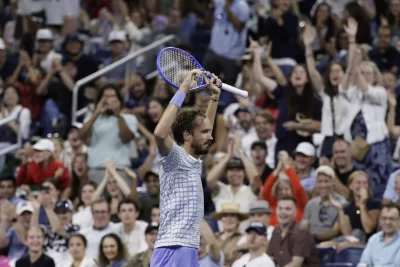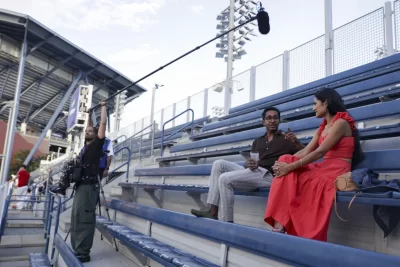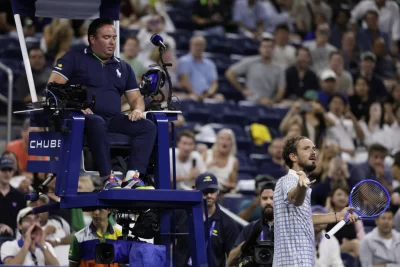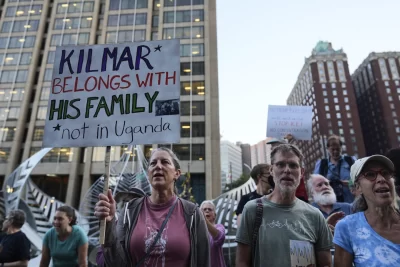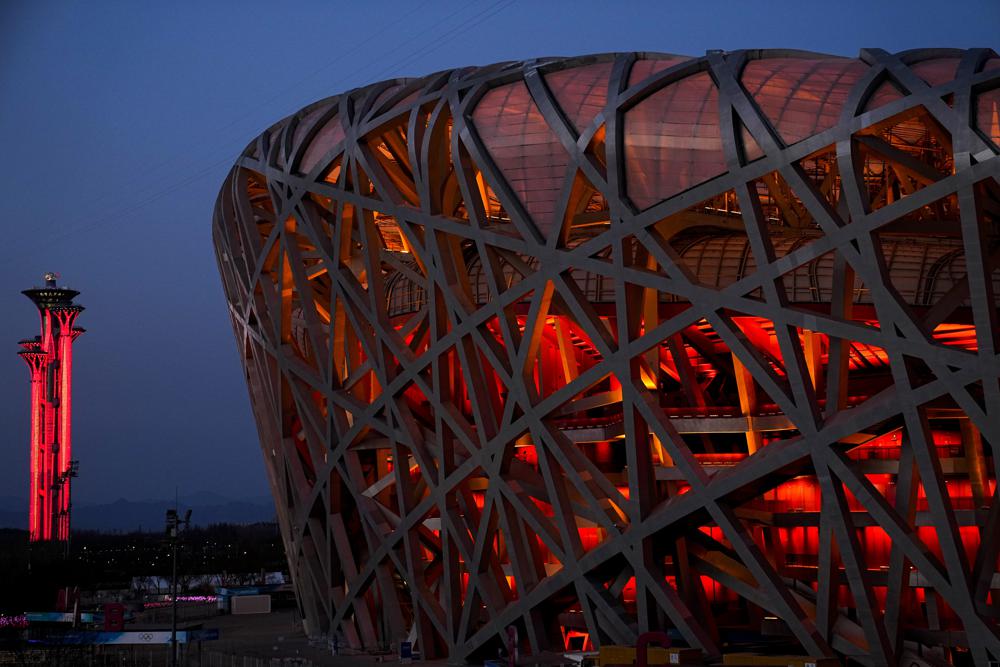
BEIJING — Long before the global pandemic upended sports and the world in general, the 2022 Winter Olympics faced unsettling problems.
It started with the fact that hardly anybody wanted to host them.
Beijing ended up solving that problem, but only after four European cities thought about it and dropped out, mostly because of expense and lack of public support. In the end, it was a race between two authoritarian countries. The IOC narrowly chose China’s capital and its mostly bone-dry surrounding mountains over a bid from Kazakhstan. “It really is a safe choice,” IOC President Thomas Bach said after the balloting.
Some seven years after that fateful vote, the world will find out if Bach was right. Starting with Friday’s opening ceremony at the lattice-ribboned Bird’s Nest Stadium, the spotlight will be trained on China, a country with human-rights record that troubles many, an authoritarian government and a “zero-tolerance” policy when it comes to COVID. It will be trained on what figures to be the most closed-off, tightly controlled, hard-to-navigate Olympics in history.
The build-up has turned the idea of “making it to the Games” into as much of a logistical and sometimes moral conundrum as a competitive one.
“This is one where you can do your absolute best but you kind of have to juggle your sanity and being able to perform at the Olympics, and not lose your mind beforehand,” U.S. moguls skier Hannah Soar said.
To be sure, if the 2 1/2 weeks of skiing, skating and sliding turn out to be like most Olympics before it, then it will be the athletes such as Hannah Soar — and snowboarder Chloe Kim, skier Mikaela Shiffrin and Norway’s cross country champion Johannes Hoesflot Klaebo, to name a few

